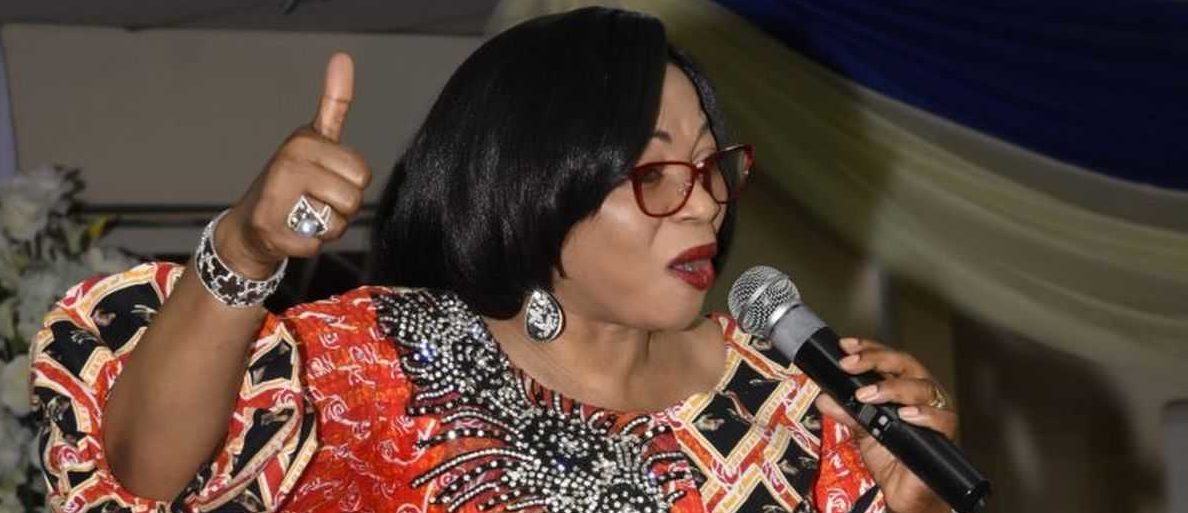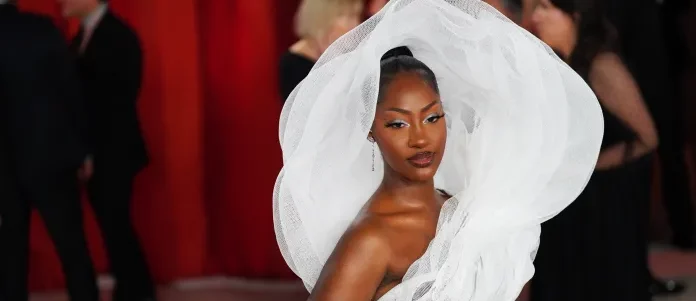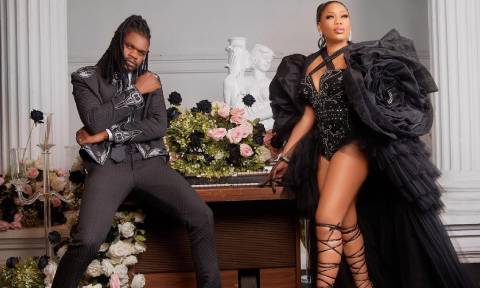House of Representatives has introduced a bill to prohibit cross-dressing like Bobrisky with an amendment to the Same-S– (Prohibition) Act.
The 2013 Same-S– Prohibition bill was signed into law by former President Goodluck Jonathan despite opposition from the international community, particularly the United States and the United Kingdom.
Mr Jonathan signed the bill into law on January 17, 2014.
The then U.S. Secretary of State, John Kerry, had said the law “dangerously restricts freedom of assembly, association, and expression for all Nigerians.”
The existing act prescribes 14 years in imprisonment for same-s– marriage and 10 years imprisonment for aiding and abetting the act.
The amendment, sponsored by Muda Umar (APC, Bauchi), seeks to amend sections 4 and 5 of the principal act.
The bill was read for the first time on the floor of the House on Tuesday which proposes to add two new sub-clauses to section 4 of the existing act.
The proposed legislation, which seeks to amend the Same S– Marriage (Prohibition) Act 2013, passed first reading at the lower legislative chamber on Tuesday.
(1) Cross-dressing whether done publicly is prohibited; (2) A person shall be deemed to have committed the offence publicly where it is published or displayed publicly notwithstanding that it was committed privately or in any place that would have ordinarily been described as private.
The proposed amendment, however, provided an exception that the clauses “shall not apply to cross-dressing in the course of a stage play or in any bona fide public entertainment”.
Section 5 of the bill also proposes sanctions for would-be violators of the aforementioned new clauses.
It reads;
A person engaged in cross-dressing is guilty of an offence and liable to imprisonment for 6 months or to a fine of five hundred thousand naira.
The bill defines cross-dressing to mean “the practice of wearing clothes usually worn by a person of the opposite s–”.
This implies that when passed into law, Bobrisky, whose real name is Idris Okuneye, and James Brown — both Nigerian cross-dressers — may face up to six months in jail if they continue with their current practice.




















